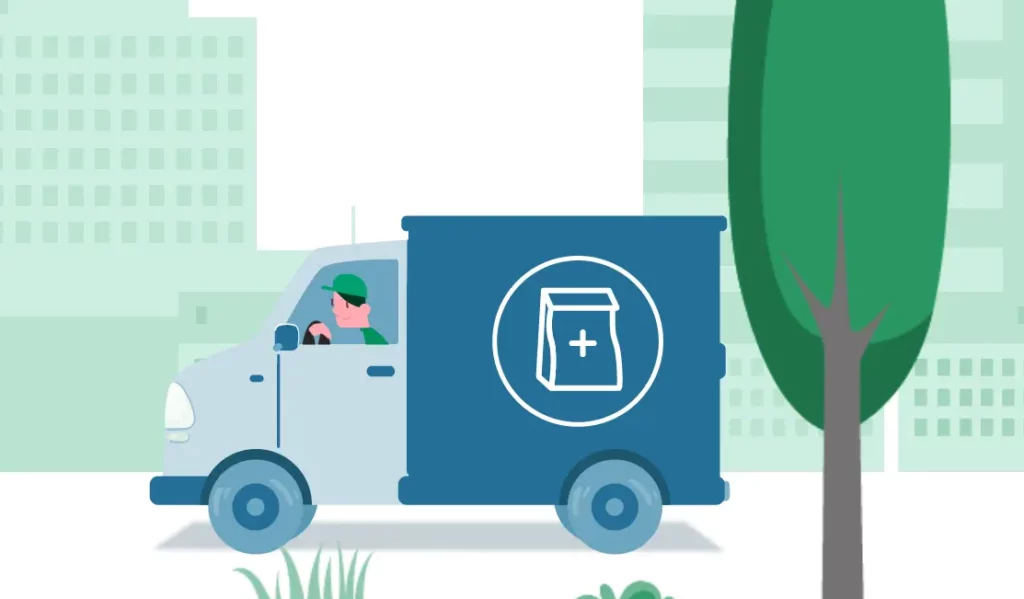Polycystic ovary syndrome, or PCOS, is a common hormonal disorder affecting around 1 in 10 women of childbearing age in the UK. It’s caused by a mix of genetics and environmental factors, often involving insulin resistance.
PCOS leads to hormone imbalances and can cause symptoms like irregular periods, excessive hair growth, and acne. However, not everyone with PCOS will experience the same symptoms. Some may have few or no symptoms at all.
While PCOS can be challenging, it’s manageable with proper diagnosis and treatment. Early detection is crucial to prevent complications like infertility, diabetes, and heart disease.
PCOS symptoms
PCOS can show up in different ways. Here are some common signs to look out for:
Irregular periods:
PCOS can cause periods to be irregular, meaning they might come too often, too infrequently, or last longer than usual.
Excessive hair growth:
Some may notice extra hair growth on the face, chest, or back, which is called hirsutism.
Acne:
Hormonal changes from PCOS can lead to persistent acne, especially around the jawline and chin.
Weight changes:
PCOS can make it tough to manage weight, leading to unexplained weight gain, especially around the belly.
Hair thinning:
Hair loss or thinning on the scalp, known as female pattern baldness, can occur with PCOS.
Skin darkening:
Darkening of the skin in certain areas, like the neck or groin, may happen due to PCOS.
Ovarian cysts:
Not everyone with PCOS has cysts on their ovaries, but they can sometimes be seen on an ultrasound.
Remember, not everyone will experience all these symptoms, and some might not show any outward signs. If you suspect you have PCOS, it’s important to talk to your doctor for proper evaluation and care. Early diagnosis can make a big difference in managing PCOS effectively.
Frequently asked questions about polycystic ovary syndrome
What does PCOS stand for?
PCOS stands for Polycystic Ovary Syndrome, a common hormonal disorder in women.
How common is PCOS?
PCOS affects about 1 in 10 women of childbearing age in the UK.
How do I know if I have PCOS?
You may have PCOS if you experience irregular periods, excessive hair growth, acne, weight gain, or other symptoms. Consult your doctor for proper diagnosis.


